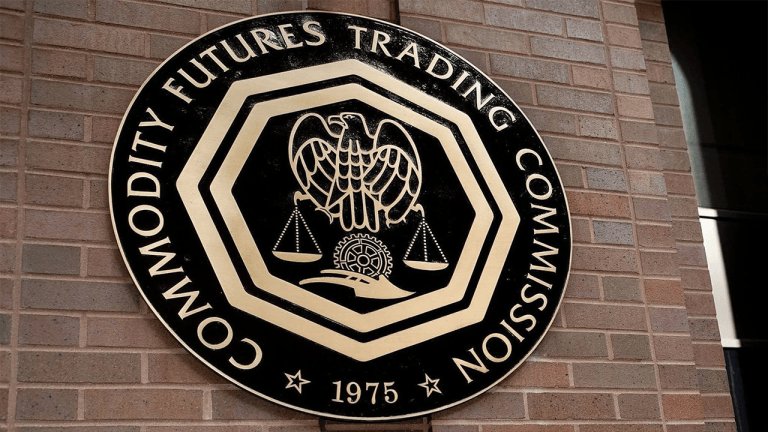
In a landmark development, the Commodity Futures Trading Commission (CFTC) announced on August 4, 2025, that it will permit spot crypto trading on exchanges registered under its jurisdiction. The decision, announced in coordination with the Securities and Exchange Commission (SEC) as part of the broader Project Crypto initiative, was first reported by Reuters.
The following opinion editorial was written by Alex Forehand and Michael Handelsman for Kelman.Law.
This move represents a significant step toward regulatory convergence between traditional finance and digital asset markets, providing a federally supervised pathway for trading non-derivative, or spot, digital assets such as Bitcoin and Ether.
What the CFTC’s Action Means
Until now, spot crypto trading in the U.S. has existed in a patchwork of state-licensed exchanges and platforms operating under uncertain or fragmented regulatory frameworks. While the CFTC has long exercised authority over crypto derivatives markets, including Bitcoin futures and options, it lacked clear jurisdiction over the spot (cash) market for digital commodities.
Under the new framework:
This represents a profound shift in how the federal government regulates digital asset markets—moving from fragmented oversight to centralized, federally supervised infrastructure.
Coordination with the SEC: A Unified Market Structure
The CFTC’s move is part of a broader collaboration with the SEC under the newly launched Project Crypto, which seeks to modernize U.S. securities laws and market infrastructure for blockchain-based assets. The two agencies are working toward a dual-agency framework where:
This unified effort aims to eliminate the jurisdictional turf wars that have long hindered regulatory clarity in the crypto space.
Institutional Access and Consumer Protection
By bringing spot trading under federal oversight, the CFTC’s rule is likely to:
The move also sets the stage for new financial products, including ETFs and structured products backed by spot market data.
Strategic and Legal Considerations
For digital asset businesses, this development invites both opportunity and regulatory complexity:
Attorneys advising digital asset platforms should consider how new CFTC oversight affects licensing, AML obligations, and cross-agency compliance strategies.
Conclusion
The CFTC’s decision to permit spot crypto trading on federally registered exchanges marks a pivotal moment in the integration of digital assets into the U.S. financial system. By providing a compliant route for spot trading under federal law, the agency has taken a decisive step toward a coherent, reliable, and scalable regulatory framework.
While questions remain around implementation, scope, and coordination with state regulators, this action signals that digital assets are no longer outside the perimeter of traditional market infrastructure.
Kelman PLLC continues to monitor developments in crypto regulation across jurisdictions and is available to advise clients navigating these evolving legal landscapes. For more information or to schedule a consultation, please contact us.
This article originally appeared at Kelman.law.
Author: Guest Author
Source: Bitcoin
Reviewed By: Editorial Team



